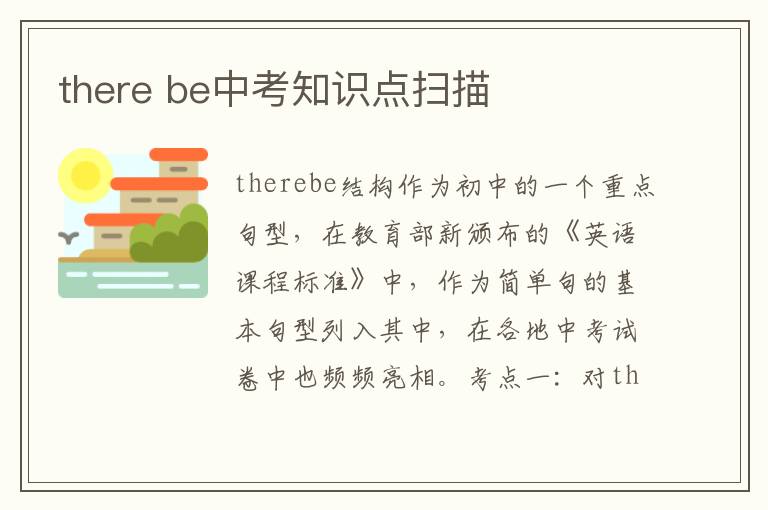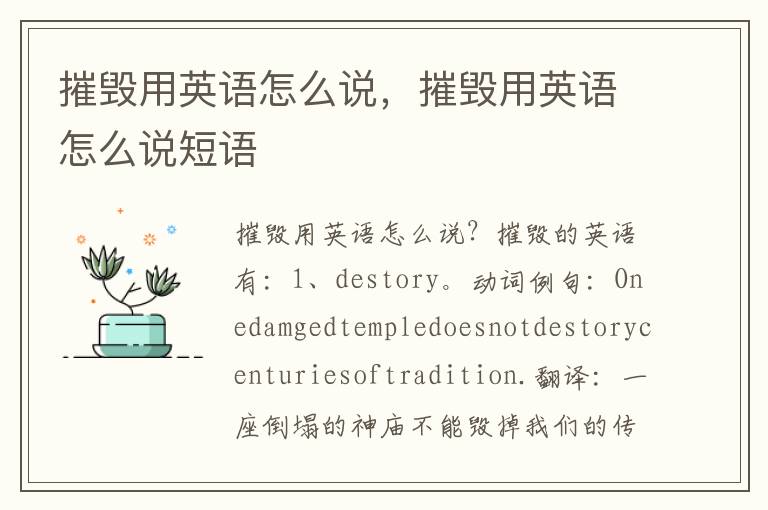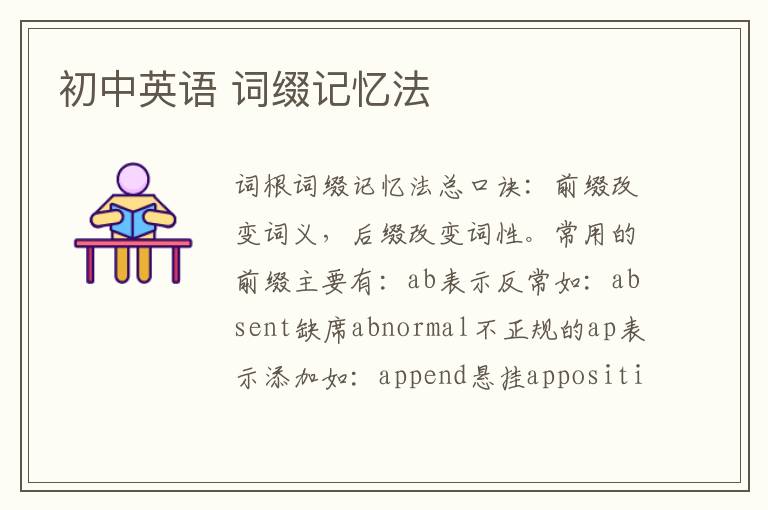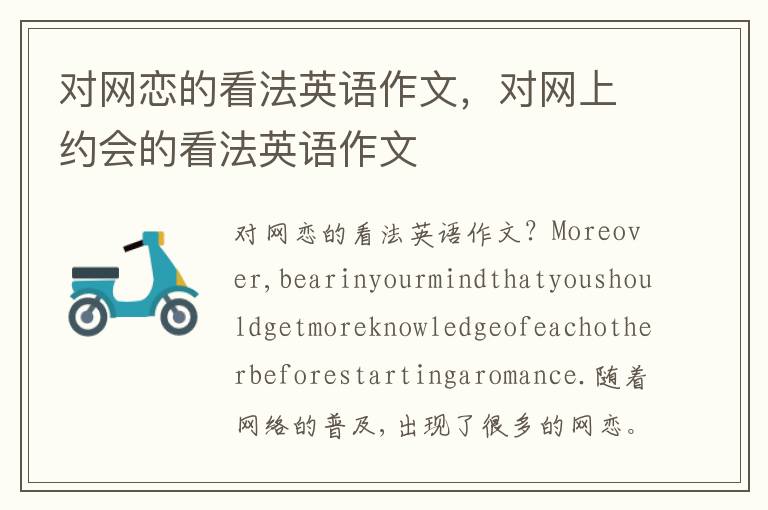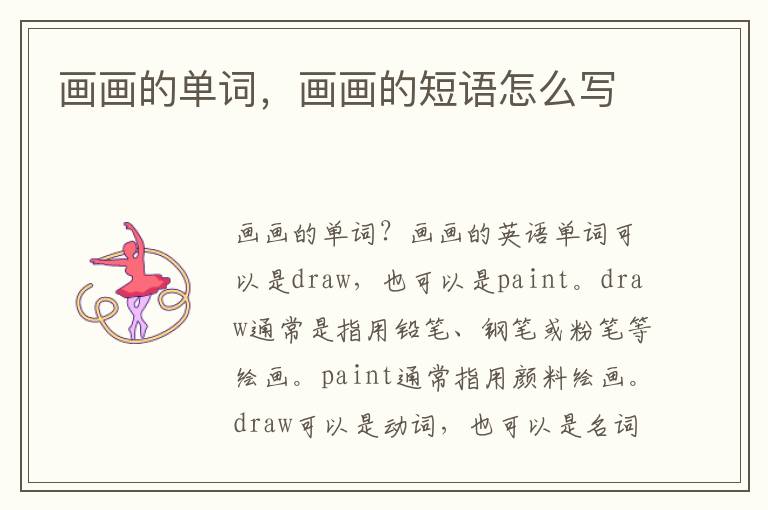【简介】感谢网友“雕龙文库”参与投稿,这里小编给大家分享一些,方便大家学习。
With a little more than a week before the start of the Olympic Games, officials are considering even tougher measures to reduce persistent smog that has shrouded China's capital in recent days.
With the prospect of international embarrassment looming, officials are considering shutting even more factories and possibly banning as many as 90% of Beijing's private vehicles on especially bad days, officials say.
More than a week after traffic restrictions and other measures took effect, the Chinese capital remains mired in a gray haze, and the government's pollution readings have exceeded its own safe levels on four of the past eight days. The city has been blanketed in hot, humid weather with little wind to blow pollution away, worsening the situation, officials say.
'I'm concerned,' says Zhu Tong, the environmental scientist at China's prestigious Peking University who was in charge of drafting Beijing's blueprint for bluer skies. Pollution is proving tougher to beat than anyone expected, he says.
In the years since Beijing won the Games in 2001 and promised to deliver clear air for Olympic athletes, it has invested billions to clean up its murky air.
But Beijing's reputation is causing athletes to worry. Some have pulled out of endurance events, such as the marathon, that would have exposed them longer to Beijing's air. In other cases, teams are considering wearing masks at least some of the time in Beijing, and other teams have relocated their last-minute practice outside China to cleaner, neighboring countries.
For two full months -- July 20 through Sept. 20, after the Paralympic Games -- China will strictly regulate pollution, ranging from cars to factories to power plants.
Chinese officials say they have fulfilled all their promises except for those concerning particulate matter, or dust that can be inhaled. But critics say the government has offered an incomplete picture by, for example, not publicly releasing data on smaller, more deadly particles or ozone levels.
Even by government measurements, Beijing's air quality is still dangerously polluted. Nearly half of the time since most factories stopped July 20, Beijing's air-quality index has been above 100, the level China considers safe, and double the level recommended by the World Health Organization.
距离北京奥运会开幕还有不到两周的时间,官员们正在考虑采取更加严厉的措施,以便减少几天来持续不断笼罩着北京的烟雾。
北京因空气质量问题而在国际上陷入尴尬境地的可能越来越大,官员们说,他们正考虑在空气尤其糟糕的日子里关闭更多工厂,甚至可能禁止多达90%的私家车上路。
实行车辆限行等措施已经有一周多了,但北京仍然笼罩在一片灰色的雾霾中。过去8天里有4天,政府公布的污染数据都超过了自己设定的安全水平。官员们说,北京这几天一直是高温、潮湿的天气,没有什么风把污染物刮走,致使情况更加严重。
中国知名学府北京大学的环境学家朱彤说,我很担心,事实证明污染问题比任何人想的都更难解决。朱彤负责北京蓝天计划的制定。
北京自2001年赢得了2008年奥运会的主办权、并承诺为奥运选手提供洁净空气以来,这几年已经在治理空气污染方面投入了数十亿元。
但北京空气质量不佳的名声已使运动员们产生了忧虑。一些选手退出了马拉松等耐力性比赛项目,因为这类比赛需要选手在北京的空气中暴露更长时间。有些代表队则在考虑在北京时至少部分时间戴口罩,还有一些代表队已经将赛前的训练移到了中国一些空气更干净的邻国。
在7月20日至9月20日的两个月中,中国将严格控制污染,汽车尾 和工厂、发电厂等的污染物排放都在限制之列。
中国官员称,除了可吸入颗粒物,他们在所有空气质量指标方面都兑现了自己的承诺。不过批评人士表示,政府提供的数据不全面,比如没有公布更小、危害性更大的颗粒物或臭氧的水平。
即使是按照政府自己的衡量标准,北京的空气依然污染严重。自7月20日许多工厂暂时关闭以来,几乎有一半的时间北京的空气污染指数都超过了中国认为安全的100,比国际卫生组织(WTO)推荐的标准高出一倍。 (实习编辑:顾萍)
With a little more than a week before the start of the Olympic Games, officials are considering even tougher measures to reduce persistent smog that has shrouded China's capital in recent days.
With the prospect of international embarrassment looming, officials are considering shutting even more factories and possibly banning as many as 90% of Beijing's private vehicles on especially bad days, officials say.
More than a week after traffic restrictions and other measures took effect, the Chinese capital remains mired in a gray haze, and the government's pollution readings have exceeded its own safe levels on four of the past eight days. The city has been blanketed in hot, humid weather with little wind to blow pollution away, worsening the situation, officials say.
'I'm concerned,' says Zhu Tong, the environmental scientist at China's prestigious Peking University who was in charge of drafting Beijing's blueprint for bluer skies. Pollution is proving tougher to beat than anyone expected, he says.
In the years since Beijing won the Games in 2001 and promised to deliver clear air for Olympic athletes, it has invested billions to clean up its murky air.
But Beijing's reputation is causing athletes to worry. Some have pulled out of endurance events, such as the marathon, that would have exposed them longer to Beijing's air. In other cases, teams are considering wearing masks at least some of the time in Beijing, and other teams have relocated their last-minute practice outside China to cleaner, neighboring countries.
For two full months -- July 20 through Sept. 20, after the Paralympic Games -- China will strictly regulate pollution, ranging from cars to factories to power plants.
Chinese officials say they have fulfilled all their promises except for those concerning particulate matter, or dust that can be inhaled. But critics say the government has offered an incomplete picture by, for example, not publicly releasing data on smaller, more deadly particles or ozone levels.
Even by government measurements, Beijing's air quality is still dangerously polluted. Nearly half of the time since most factories stopped July 20, Beijing's air-quality index has been above 100, the level China considers safe, and double the level recommended by the World Health Organization.
距离北京奥运会开幕还有不到两周的时间,官员们正在考虑采取更加严厉的措施,以便减少几天来持续不断笼罩着北京的烟雾。
北京因空气质量问题而在国际上陷入尴尬境地的可能越来越大,官员们说,他们正考虑在空气尤其糟糕的日子里关闭更多工厂,甚至可能禁止多达90%的私家车上路。
实行车辆限行等措施已经有一周多了,但北京仍然笼罩在一片灰色的雾霾中。过去8天里有4天,政府公布的污染数据都超过了自己设定的安全水平。官员们说,北京这几天一直是高温、潮湿的天气,没有什么风把污染物刮走,致使情况更加严重。
中国知名学府北京大学的环境学家朱彤说,我很担心,事实证明污染问题比任何人想的都更难解决。朱彤负责北京蓝天计划的制定。
北京自2001年赢得了2008年奥运会的主办权、并承诺为奥运选手提供洁净空气以来,这几年已经在治理空气污染方面投入了数十亿元。
但北京空气质量不佳的名声已使运动员们产生了忧虑。一些选手退出了马拉松等耐力性比赛项目,因为这类比赛需要选手在北京的空气中暴露更长时间。有些代表队则在考虑在北京时至少部分时间戴口罩,还有一些代表队已经将赛前的训练移到了中国一些空气更干净的邻国。
在7月20日至9月20日的两个月中,中国将严格控制污染,汽车尾 和工厂、发电厂等的污染物排放都在限制之列。
中国官员称,除了可吸入颗粒物,他们在所有空气质量指标方面都兑现了自己的承诺。不过批评人士表示,政府提供的数据不全面,比如没有公布更小、危害性更大的颗粒物或臭氧的水平。
即使是按照政府自己的衡量标准,北京的空气依然污染严重。自7月20日许多工厂暂时关闭以来,几乎有一半的时间北京的空气污染指数都超过了中国认为安全的100,比国际卫生组织(WTO)推荐的标准高出一倍。 (实习编辑:顾萍)



